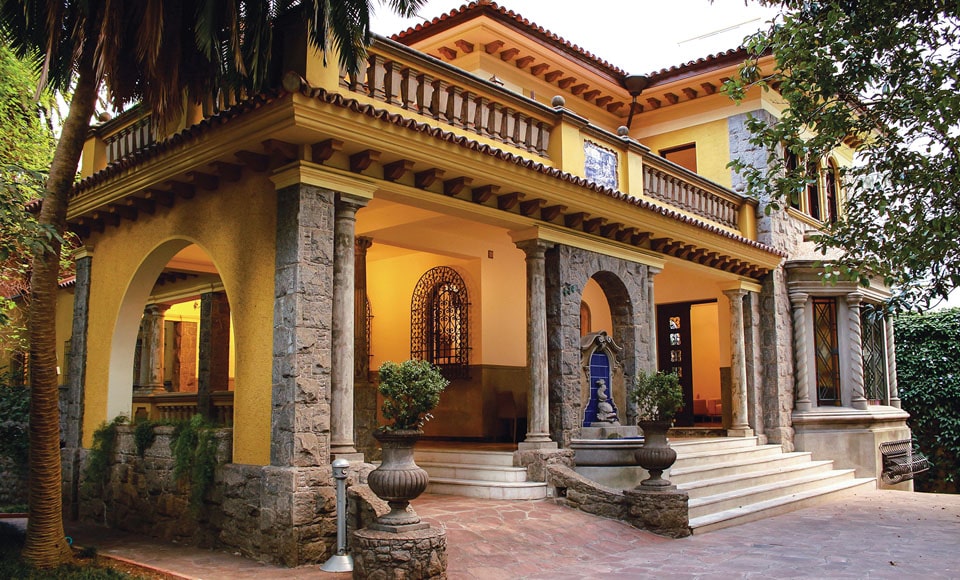Interview with Nuno Rebelo de Sousa, President of the Portuguese Chamber of Commerce of São Paulo
Lucas Agrela, Journalist at Exame Brazil
Son of the current president of Portugal, Nuno Rebelo de Sousa is president of the Portuguese Chamber of Commerce of São Paulo, chaired the Federation of Portuguese Chambers of Commerce in Brazil from 2016 to 2020 and is director of FIESP SMEs e Startups. Nuno assists companies trying to enter the Brazilian market and achieve business success, despite challenges such as the lack of government incentives, its continental size and inherent logistical challenge, and an unstable exchange rate.
For Nuno, there are opportunities for Brazilian companies in Portugal and benefits for tech professionals and startups. But, in order to enter Brazil, Portuguese companies and startups need to be willing to invest and should have a long-term vision.
What do Brazilian companies and startups have to gain from starting a business in Portugal?
First, access to the European market. Of the 3,500 startups currently in Portugal, 80% of them are foreign. The government created incentives like Startup Visa, a quick visa for entrepreneurs. The government’s Startup Portugal program organizes the ecosystem in sectoral regions to facilitate business. For startups needing help to grow, there is Startup Voucher, a benefit granted when meeting certain conditions. Another advantage for entrepreneurs is that Portugal makes regulation easier for international operations.
Are there benefits for Portuguese companies to come to Brazil?
Brazil does not provide benefits. The logistical cost and product distribution are some of the main setbacks. Companies that come to Brazil are looking for a giant market, but they should focus and operate in one of the country’s regions. Even for some of the largest Portuguese distributors, such as Andorinha and Gallo, there are markets in Brazil where they are unable to operate. They had to adapt and sign partnership agreements to make strides in the Brazilian market.

Casa Araújo Pinto, new head office of the Portuguese Chamber of Commerce in Brazil
What are the main challenges for Portuguese companies in Brazil?
Except for Salvador, Portuguese products find it difficult to enter ports in northeastern Brazil. A 5-euro wine that enters Santos harbour for the price of 120 reais, reaches the northeast costing 200 reais, due to the logistical costs. We have dealt with the issue with Ceará to change the situation. In regulatory terms, there is nothing that attracts an SME to Brazil. Brazil’s state and federal programs for companies do not talk to each other and the private sector has its dedicated programs.
Do most Brazilians who move to Portugal establish companies or startups?
No. Many have their source of income in Brazil. Others operate in the real estate sector. But the vast majority that did start a business did it in the industrial sector. In the area of startups, the majority are fintech companies. More than 50 Brazilian startups have entered this field in recent years in Portugal.
Did the number of Brazilian visas to Portugal fall during the pandemic?
It did not decrease, nor did the volume of property sales to Brazilians fall. Tourism fell, of course. And some people moved to Portugal and kept the job they had in Brazil, working remotely.
Are there programs for attracting technology talent to Portugal?
The main one is Tech Visa. With the ecosystem of startups, companies that started moving to Portugal to develop products and lacked qualified professionals. With Tech Visa, people from outside Europe and who have training and two years of experience in the tech market can get a visa. Of the first thousand issued, 90% were Brazilian.

“EXCEPT FOR SALVADOR,
PORTUGUESE PRODUCTS FIND
IT DIFFICULT TO ENTER PORTS
IN NORDHEASTERN BRAZIL.”
In which sectors are there opportunities for Brazilians in Portugal today?
In sectors such as real estate technology, health, engineering, law practice and agribusiness. In healthcare, professionals still have to retake a specialization course to work outside their country of origin, which is an obstacle. In recent years, Portugal has invested heavily in agribusiness, especially in precision agriculture. Brazilian agribusiness is very large, but it does not diversify the risk by betting in other countries.
How can companies and startups come from Portugal to Brazil?
They can rely on the support of the Federation of Portuguese Chambers of Commerce. We understand the business and advise them on who the partners should be and we even try to ensure they make the first sales. We explain that the Brazilian market is long term and, therefore, requires investment. We show that the business needs planning and partnerships. There is a challenge to enter Brazil due to the weaker exchange rate when compared to the European currency. Hence, it would be important to stabilize Brazil’s exchange rate to make it easier for companies to enter the country. Brazilian labour is cheap, which is good for foreign companies and may be good for Brazil.
How can trade relations between Brazil and Portugal be improved?
It would be important for the two countries to come closer. It is important that the Brazilian president and ministers make more official visits to Portugal. The Mercosur agreement must also be completed. These incentives will be gradual, but it would be very good if we could achieve this still in the year 2021.






